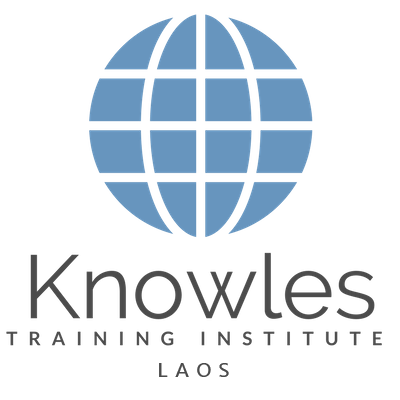Skip to content
Keyword MethodIntern1bksiuevej76kHhK2023-07-17T14:24:55+08:00
Keyword Method
Unlock the Memory Code: Master Recall and Retention with the Keyword Method
- Adaptive Encoding Strategies: The Keyword Method utilizes adaptive encoding strategies to optimize memory recall and retention. By tailoring the encoding process to the nature of the material, learners enhance memory associations and facilitate efficient retrieval.
- Sensory Integration: The Keyword Method incorporates sensory integration by engaging multiple sensory modalities during memory encoding and retrieval. This multisensory approach strengthens memory consolidation and retrieval by utilizing diverse sensory pathways.
- Interactive Retrieval Exercises: The Keyword Method emphasizes interactive retrieval exercises that actively engage learners in recalling and retrieving information associated with keywords. This interactive practice strengthens memory consolidation and retrieval pathways.
- Contextual Anchoring: The Keyword Method anchors information within meaningful contexts by connecting keywords to relevant real-life situations or personal experiences. This contextual anchoring enhances memory encoding and facilitates the retrieval of associated knowledge.
- Error Analysis and Feedback: The Keyword Method encourages learners to analyze their errors during retrieval practice and provide feedback. This error analysis promotes self-correction, reinforces accurate memory associations, and improves overall recall accuracy.
- Retrieval Variability: The Keyword Method incorporates retrieval variability by varying the order, timing, and presentation of keywords during recall exercises. This variability strengthens memory flexibility and promotes robust retrieval in diverse contexts.
- Metacognitive Monitoring: The Keyword Method fosters metacognitive monitoring of memory performance. By reflecting on the effectiveness of their keyword associations and retrieval strategies, learners can make informed adjustments to optimize memory encoding and retrieval.
- Conceptual Integration: The Keyword Method promotes conceptual integration by connecting keywords to underlying concepts and frameworks. This integration enhances memory encoding and retrieval by fostering a deeper understanding of the material.
- Transfer-Appropriate Strategies: The Keyword Method employs transfer-appropriate strategies that align with the nature of the retrieval context. By using keywords that match the retrieval situation, learners optimize memory recall in relevant contexts.
- Lifelong Memory Optimization: The Keyword Method enables lifelong memory optimization by providing learners with effective memory techniques. By incorporating the method’s principles into daily routines, individuals can continually enhance memory recall and retention.
Page load link


